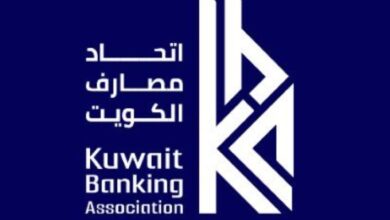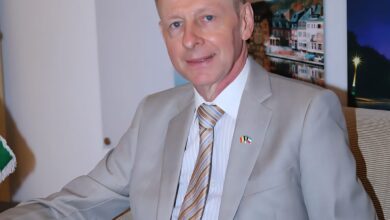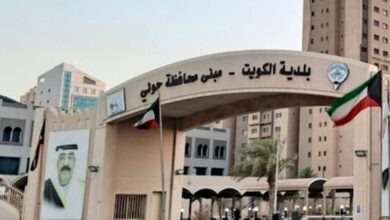Business activity on the rise in Kuwait

The headline Kuwait Purchasing Managers’ Index (PMI) for August 2024, issued by S&P Global, revealed that business activity continued to rise, extending the current growth streak to 19 months.
However, the rate of expansion was only marginal, and the weakest in the period, and the same was true for new orders, and while competitive pricing and advertising helped lift new business again in August, the rate of growth slowed as some firms reported losing business to cheaper alternatives.
The rate of expansion in new business from abroad also remained better than the rate seen in total new orders, with sales to customers in neighboring countries helping to drive a significant increase in new export orders, as per a report in Al Qabas.
Purchasing Index
Meanwhile, the headline PMI reading fell below the neutral 50-point mark for the first time in just over a year and a half, with signs of a slowdown in the non-oil private sector amid competitive pressures.
According to the report, the index recorded 49.7 points last month, compared to 51.5 points in July 2024, indicating a slight decline in the conditions of the non-oil private sector in the middle of the third quarter of the year.
Private sector slowdown
The study revealed that there are indications of a slowdown in the non-oil private sector in Kuwait during the past month amid strong competitive pressures, with continued increases in production and new orders, but the rates of expansion in both directions slowed and were marginal.
At the same time, the employment rate fell for the first time in 4 months, after remaining flat in July 2024, as slowing growth in new orders led some companies to reduce workforce numbers.
The decline in employment rates led to the backlog continuing to increase, although the pace of backlog slowed and was only marginal.
Competitive pressures have led companies to raise their output prices at a slower pace, with overall input cost inflation also declining since July.
In addition, discounts offered by some companies to secure new business led to a slight rise in output prices in August, at the weakest pace in 2024 so far. However, prices continued to rise, amid increases in input costs.
Increase in purchase prices
Purchase prices rose sharply, amid reports of higher costs for a range of items, including advertising, air conditioning, computer and printing equipment, maintenance and transportation.
Increased purchasing activity
Purchasing activity continued to increase, but the rate of growth slowed in line with both output and new orders, and inventories of inputs remained unchanged, ending a 28-month build-up. Suppliers’ delivery times fell again.
Business confidence down
Competitive pressures have dampened business confidence, with some firms concerned about the impact on new order volumes and profit margins, and expecting production growth amid plans for new marketing strategies, but confidence fell to a 7-month low.
Local liquidity rises to 39.9 billion dinars
The monetary bulletin issued by the Central Bank of Kuwait revealed that local liquidity (money supply) increased during the past month of July by 1.86% on an annual basis, recording 39.92 billion dinars, compared to 39.19 billion dinars during the same period last year.
The broad concept of money supply includes current money, accounts, time deposits, and savings accounts.The figures showed that the value of cash in circulation in Kuwait during the same month amounted to 1.9 billion dinars, distributed between 1.88 billion dinars in banknotes of various denominations, and 31.63 million dinars in coins.
Kuwait’s official reserve assets amounted to 14.32 billion dinars at the end of last July, compared to 14.7 billion dinars in the same month of 2023, as the foreign currency and deposits abroad item amounted to 12.7 billion dinars, and the reserve with the fund amounted to about 216.4 million dinars.
The reserve position item with the fund includes any foreign currency amounts that the member country may withdraw from the International Monetary Fund within a short period, and any debt owed by the International Monetary Fund that is at the disposal of the member country, including the reporting country’s lending to the International Monetary Fund.
The statistics indicated that the book value of gold reserves continued to remain stable at 31.7 million dinars. In contrast, despite the stability for the seventh consecutive month in the item of securities abroad, which includes highly liquid securities, equity and marketable debt instruments, at KD 51.5 million, it increased annually by 8.65%, as it was KD 47.4 million in July 2023. The item of drawing rights also stabilized for the third consecutive month at KD 1.31 billion, while it decreased annually by 0.55%.












